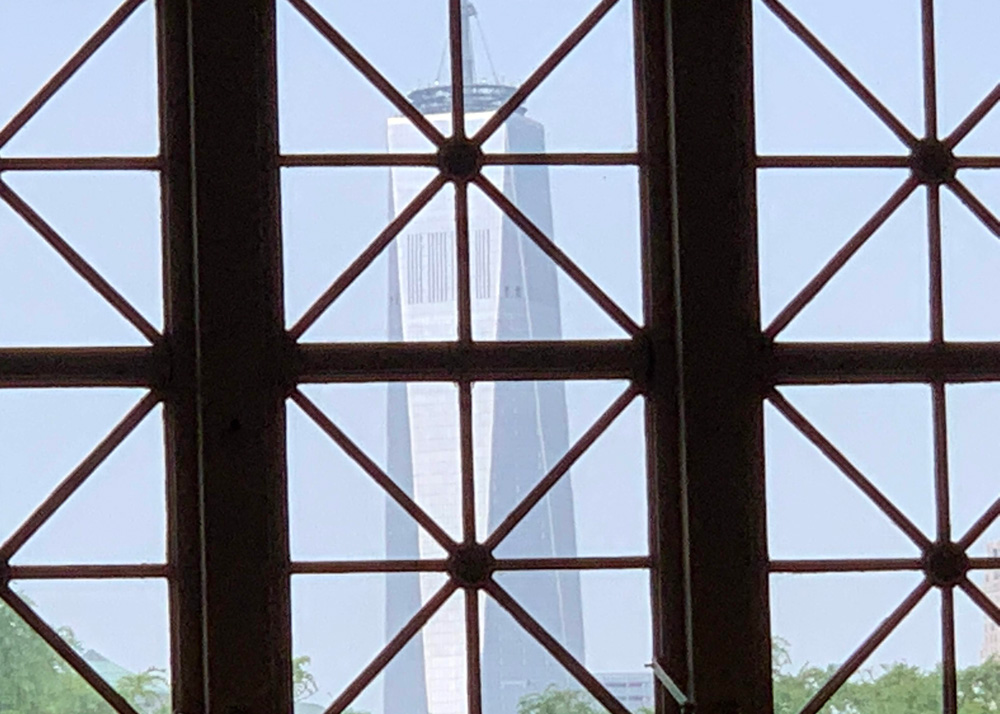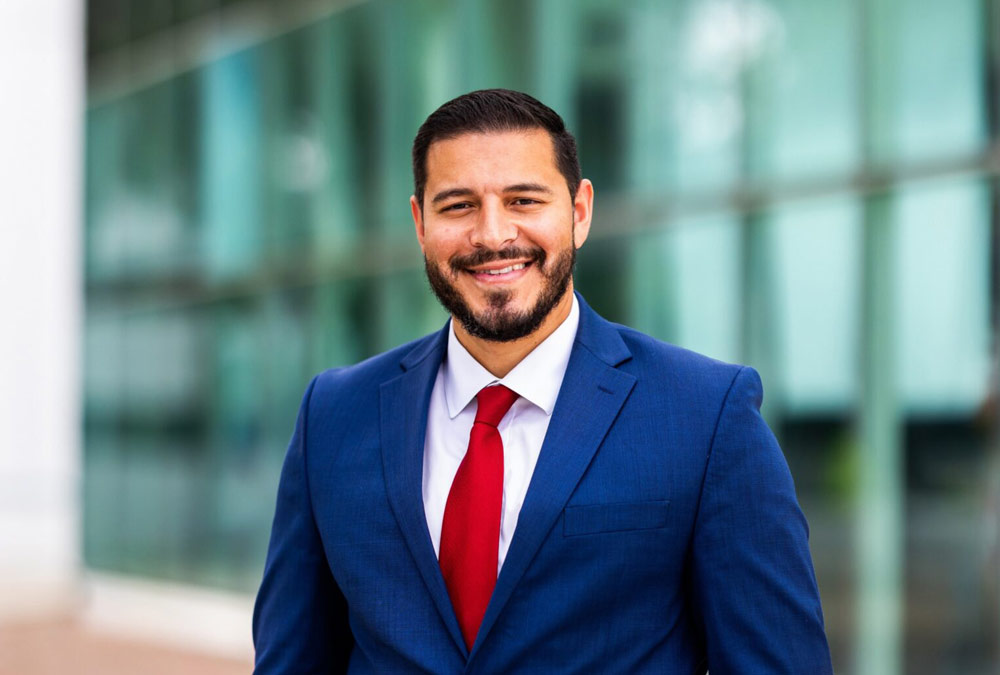By Colleen Conklin
If we really care about efficiency and outcomes in education, we should start with the one system–the
only
system- l
egally bound to educate every child, open its books, follow Sunshine laws, publish results, and answer to voters—our public schools. They are America’s great equalizer, the engine room of our democracy, where kids of different incomes, races, abilities, and beliefs learn side by side. That’s not “just education.” That’s democracy in motion.
And that’s precisely why the current voucher experiment—built on selective enrollment, hidden finances, and zero public oversight—is the opposite: it fractures the common schoolhouse, privatizes accountability, and poses a real threat to the democratic fabric that public education holds together.
Florida’s voucher/Education Savings Accounts experiment flipped accountability on its head. Billions in taxpayer dollars now flow to private operators who don’t have to:
If we’re serious about “efficiency,” we have to follow the money—and the data.
The voucher expansion (what was known legislatively as House Bill 1) is projected to cost taxpayers about $3.9 to 4 billion just this year. Step Up For Students, the private group that administers almost all of these funds, is legally allowed to keep up to 3 percent of that ($120 million) for “administrative expenses.” Meanwhile, districts must publish audited financials and operate under Florida’s Sunshine and public-records laws. Voucher schools and so-called Scholarship Funding Organizations (SFOs) do not.
When Florida went to a universal voucher system in 2023, extending eligibility for vouchers worth $8,000 to $35,000 a year to all, without restrictions, 122,895 new students signed up. Only 13 percent had been in public schools. 69 percent were already in private schools. Another 18 percent were brand-new kindergarteners.
These are not families disgruntled with the public school system. The state’s voucher system is subsidizing choices families were already making, while draining the public-school system that has to serve every child who walks through the door.
If you do the math for Flagler County schools, $17 million has been diverted to private schools. However, of that, over 87 percent of those students receiving vouchers
never
attended Flagler schools. They are children who had
always
attended private schools or were being homeschooled. They are now being provided with vouchers to offset tuition. Most private schools have
doubled
their tuition or significantly increased it due to the availability of the vouchers. That was to be expected. Pretty soon private schools will have the highest-paid teachers and all the bells and whistles, while public schools will be starved of funding.
Public schools are audited, follow Sunshine laws, report test data, employ certified teachers, meet class-size rules, serve every child—including ESE and homeless students—and get school grades. Voucher schools receiving public dollars don’t have to do most of that. There is no comparable, statewide academic reporting or financial disclosure requirement. How do we measure return on investment (ROI) without data?
You’re worried about “fraud & abuse”? Then why give a pass that huge part of the system that operates in the shadows? Prove me wrong: require voucher schools and the organizations skimming administrative fees to publish audited finances and disaggregated achievement data just like districts do. Same dollars, same rules.
Scholarship Funding Organizations (like Step Up for Students) keep administrative fees, yet their books aren’t open the way a district’s are. If “fraud & abuse” is the concern, why exempt these private intermediaries from the same scrutiny we demand of elected school boards?
Public schools are the great equalizer—the one institution required to take every child, regardless of disability, income, language, religion, or behavior. They are also the civic glue where kids from different backgrounds learn to live in a pluralistic society. Undermining that common space with a shadow system that can pick and choose students—and hide its books—weakens the fabric of our democracy, not just our budgets.
And let’s drop the D.C. blame game. Tallahassee and state legislatures wrote these voucher laws, raided FEFP dollars (Florida Education Finance Program, the state’s education funding system), and starved district capital budgets while loosening oversight on private recipients.
If local projections were off in 2021, fix the modeling. Don’t use it as an excuse to gut public schools’ accountability while expanding an unaccountable parallel system. The legislature—not Biden, nor Trump—controls the FEFP formula and voucher rules. Florida has shifted billions into vouchers in the last two sessions. That’s a state policy choice. If local schools feel squeezed, it’s largely because dollars are being systematically diverted from the districts that must take all students, every day.
Throwing money blindly is wasteful. Throwing public money into a black box is worse. Public education is the thread that stitches a diverse nation together—economically, civically, and morally. We should strengthen it, not siphon it off to a system that won’t even show us the receipts.
It’s time to
wake up
and stop electing people who couldn’t care less about transparency and accountability. It’s time to stop the grift.
It’s time to wake up and stop electing people who couldn’t care less about transparency and accountability. It’s time to stop the grift—because history will mark this voucher free-for-all as one of the biggest scams ever pulled on American taxpayers. Yes, K-12 needs real fixes—curriculum, support staff, teacher pay, facilities—but don’t be blinded by that truth: siphoning public dollars into an unaccountable shadow system is not reform, it’s sabotage.
![]()
Dr. Colleen Conklin, a Flagler Beach resident, was a Flagler County School Board member from 2000 to 2024.












